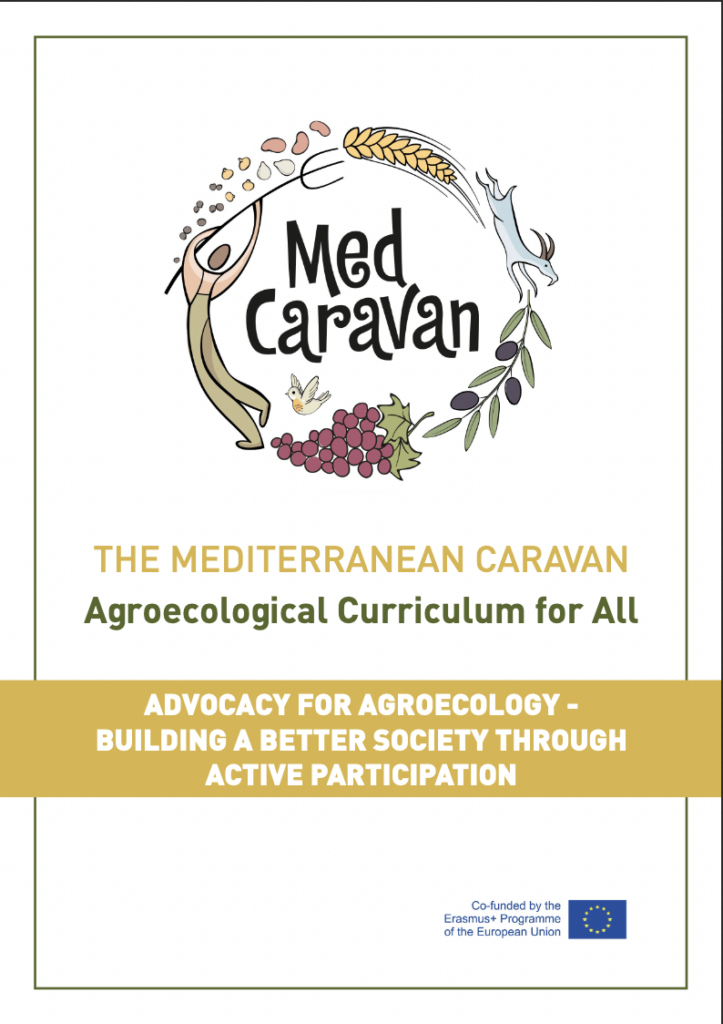Advocacy for mediterranean agroecology
Advocating for Agroecology in the Mediterranean
(We unfortunately had a technical problem during the webinar and were not able to record the full English version. However you can view the Spanish version and use closed captions with English auto-translation to get a sense of the conversation and/or read the webinar recap below.)
Advocating for Agroecology: Webinar Recap
The three speakers began by discussing their experience with advocacy. They also mentioned the broad, rich, dynamic diversity in the Mediterranean region. A long list of fast and slow crises (climate change, loss of biodiversity, social erosion) all contribute to the need for more advocacy around agroecology — a holistic approach to producing, consuming, and connecting to the community and the environment.
Suncana mentioned that western nations often take the lead when advocating for agroecology. But it is important, she continued, for Mediterranean countries to step up and push for a more holistic and well-rounded policies. Rather than just “greener” policies that may help reduce carbon emissions or shorten food chains, we need policies that address the complexity of social, political, agricultural, cultural, and environmental challenges. This is why advocating specifically for agroecology is crucial.
All three speakers, relying on their own experience, discussed the patience needed for effective advocacy. Pressuring policymakers, getting a seat at the decision-making table, and making meaningful change takes a long time — sometimes years. In addition, for effective action, advocates need to have the right partnerships, aligned goals with collaborators, and strategic relationships with those institutions.
At times, advocates will need to make some sacrifices. However, the three speakers argued that when it comes to specific language, definitions, and approaches in agroecology, advocates should stand firm. Meaningful changes begins with correctly identifying specific practices that can be adapted to a large variety of contexts. This requires close study of policy proposals and careful analysis when making amendments and proposals to policymakers.
All three speakers emphasised that advocacy is a multi-layered process that does not just involve making demands in Brussels. Rather, effective advocacy has clear and defined goals, a well-planned roadmap, good communication (both to the public as well as within the advocacy initiative), and a defined strategy for the action plans. Suncana also mentioned that advocacy takes place everywhere — not just in places where decisions are made.
Winning policy victories deserves a celebration, the panellists claimed. However, just as important is to follow through on the advocacy plan by monitoring and pressuring institutions to implement any new policies that support agroecology. Sometimes initiaitves stall after winning a victory — but just as often a policy will wither before it is implemented.
Isa closed the session by emphasising that advocating for agroecology is not just about policy change or adjusting certain behaviours. It is about changing our focus around food production to one that attempts not to sustain markets, but rather to sustain life.



